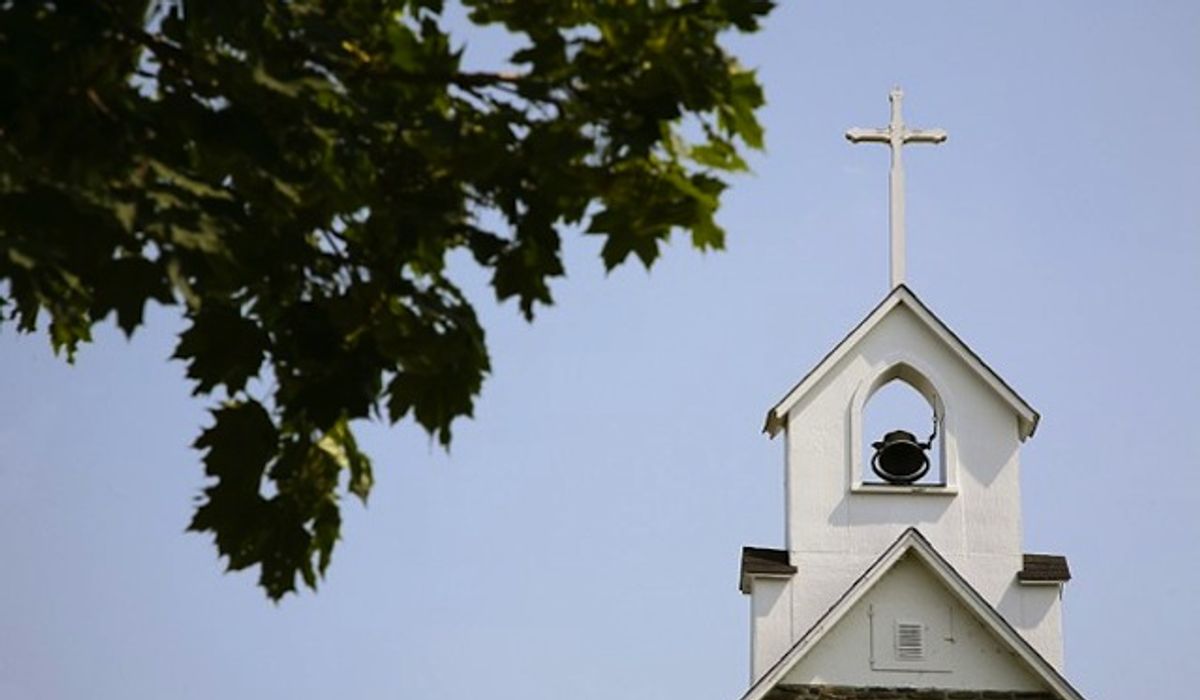


A federal judge in Maryland ruled Monday that the Trump administration acted too hastily with its new policy unshackling immigration officers to make arrests anywhere, including churches, saying such actions would trample on the rights of churches and temples to conduct their services.
Judge Theodore D. Chuang said the new sensitive locations policy erases important safeguards the Biden administration had placed on where arrests could take place.
The result, he said, will be that some people stay home rather than show up for services, which violates the rights of religious groups — in this case, a number of Quaker meeting houses, a Sikh temple and a Baptist group.
And he said attendance in person is a core part of their religious missions.
“A reduction in the number of worshippers, particularly immigrant worshippers, adversely affects the religious experience of all attendees of a meeting,” the judge found with respect to the Quakers.
U.S. Immigration and Customs Enforcement, the government’s deportation force, has long had policies suggesting limits on where arrests can be made. Schools, clinics and houses of worship were standard.
But former Homeland Security Secretary Alejandro Mayorkas expanded that list dramatically, including anywhere someone might go for assistance or government services or where children might congregate. The Biden policy also said the area around those “protected” locations was also off-limits.
Exceptions were allowed for the most serious of cases.
The Trump administration erased the Mayorkas policy, saying it wanted to free agents and officers to use their own judgment about where to make arrests. ICE says that’s now similar to how other federal law enforcement operates.
Judge Chuang said the Trump changes violated the religious groups’ First Amendment rights and also violated the Religious Freedom Restoration Act, which requires government policies to show certain solicitude toward religions.
The challengers had asked for the judge to halt the Trump policy nationwide.
Judge Chuang rejected that and said he will only suspend the new policy when it comes to the specific plaintiffs: six Quaker groups, the Sikh Temple Sacramento and the Cooperative Baptist Fellowship.
The judge ordered them to provide Homeland Security with locations of places of worship so the department would know where to avoid.
• Stephen Dinan can be reached at sdinan@washingtontimes.com.
